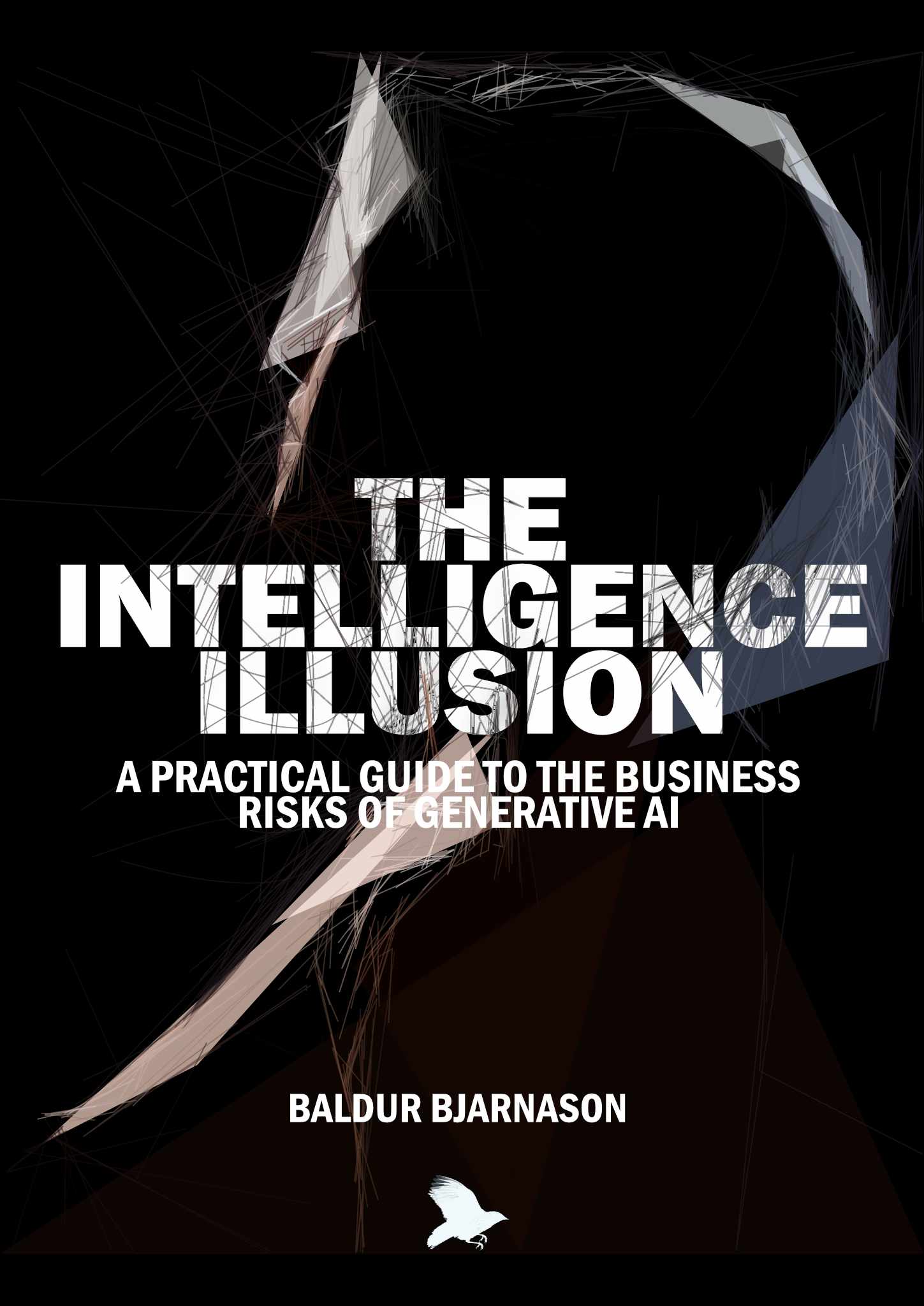Copyright
Most AI-generated art is automatically public domain
Every major legal jurisdiction requires human authorship to some extent. Art and text generated from a prompt is very unlikely to be protected by copyright.
This means that anybody can copy and make money off AI-generated works you ‘create’ and you can’t stop them.
Treat AI art and text as non-exclusive
Because of its lack of copyright protection, it’s more appropriate to think of AI works as non-exclusive. Treat them as you would a work provided by a stock art service.
Some AI-generated art is protected
If the generated art or text is integrated into a larger work that is human-authored, then the work as a whole is usually protected.
If you arrange generated works in specific ways, the arrangement is protected—but not the works themselves.
If an AI generates a work from another human-authored work, then the resulting output is a derivative work of the original and is likely to be protected.
Integration into productivity software is vital
By integrating the generation process into a larger writing or creative tool, the work is more likely to be the result of a mix of AI and human work and get copyright protection.
This is not legal advice
Always trust the opinions of a real lawyer over some guy on the internet.
Further reading
References

These cards were made by Baldur Bjarnason.
They are based on the research done for the book The Intelligence Illusion: a practical guide to the business risks of Generative AI .